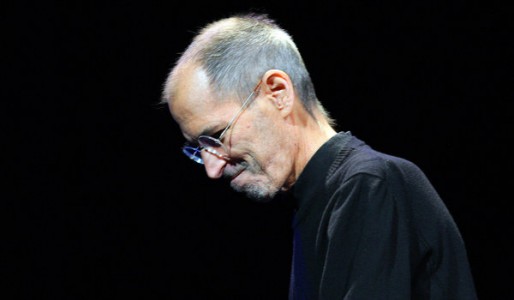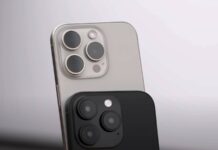Aseara v-am spus ca in anul 2004 Steve Jobs a refuzat sa faca o operatie care i-ar fi putut opri raspandirea cancerului pancreatic si ca in lunile dinaintea mortii a regretat aceasta decizie care i-ar fi putut salva sau prelungi viata. Timp de 9 luni intre 2004 si 2005, Steve Jobs a incercat medicina alternativa in speranta de a invinge cancerul fara operatie si in acest proces a cheltuit 100.000$ analizandu-si DNA-ul(ADN in romana) dar si ADN-ul tumorii sale. Steve Jobs credea ca prin aceasta analiza ar putea gasi o metoda de a eradica, complet cancerul din organismul sau insa din pacate acest lucru nu s-a intamplat.
Steve Jobs spunea atunci ca fie va fi primul om care va inginge cancerul fie va fi rapus de catre el si din pacate nu a reusit decat sa isi prelungeasca viata. Steve Jobs a fost implorat timp de 9 luni de catre cei din jurul sau sa faca operatii si chimioterapie insa din pacate a ales calea medicinei alternative care nu i-a oprit raspandirea bolii. Cei de la New York Times au primit o copie a biografiei lui Steve Jobs si explica in detaliu procesul prin care a trecut acesta timp de 9 luni dar si cum o echipa de doctori de la Stanford, Harvard si MIT a incercat as creeze medicamente speciale pentru ADN-ul lui Steve Jobs.
According to Mr. Isaacson, Mr. Jobs was one of 20 people in the world to have all the genes of his cancer tumor and his normal DNA sequenced…
When he did take the path of surgery and science, Mr. Jobs did so with passion and curiosity, sparing no expense, pushing the frontiers of new treatments. According to Mr. Isaacson, once Mr. Jobs decided on the surgery and medical science, he became an expert — studying, guiding and deciding on each treatment. Mr. Isaacson said Mr. Jobs made the final decision on each new treatment regimen.
The DNA sequencing that Mr. Jobs ultimately went through was done by a collaboration of teams at Stanford, Johns Hopkins, Harvard and the Broad Institute of MIT. The sequencing, Mr. Isaacson writes, allowed doctors to tailor drugs and target them to the defective molecular pathways.
A doctor told Mr. Jobs that the pioneering treatments of the kind he was undergoing would soon make most types of cancer a manageable chronic disease. Later, Mr. Jobs told Mr. Isaacson that he was either going to be one of the first “to outrun a cancer like this” or be among the last “to die from it.”

















